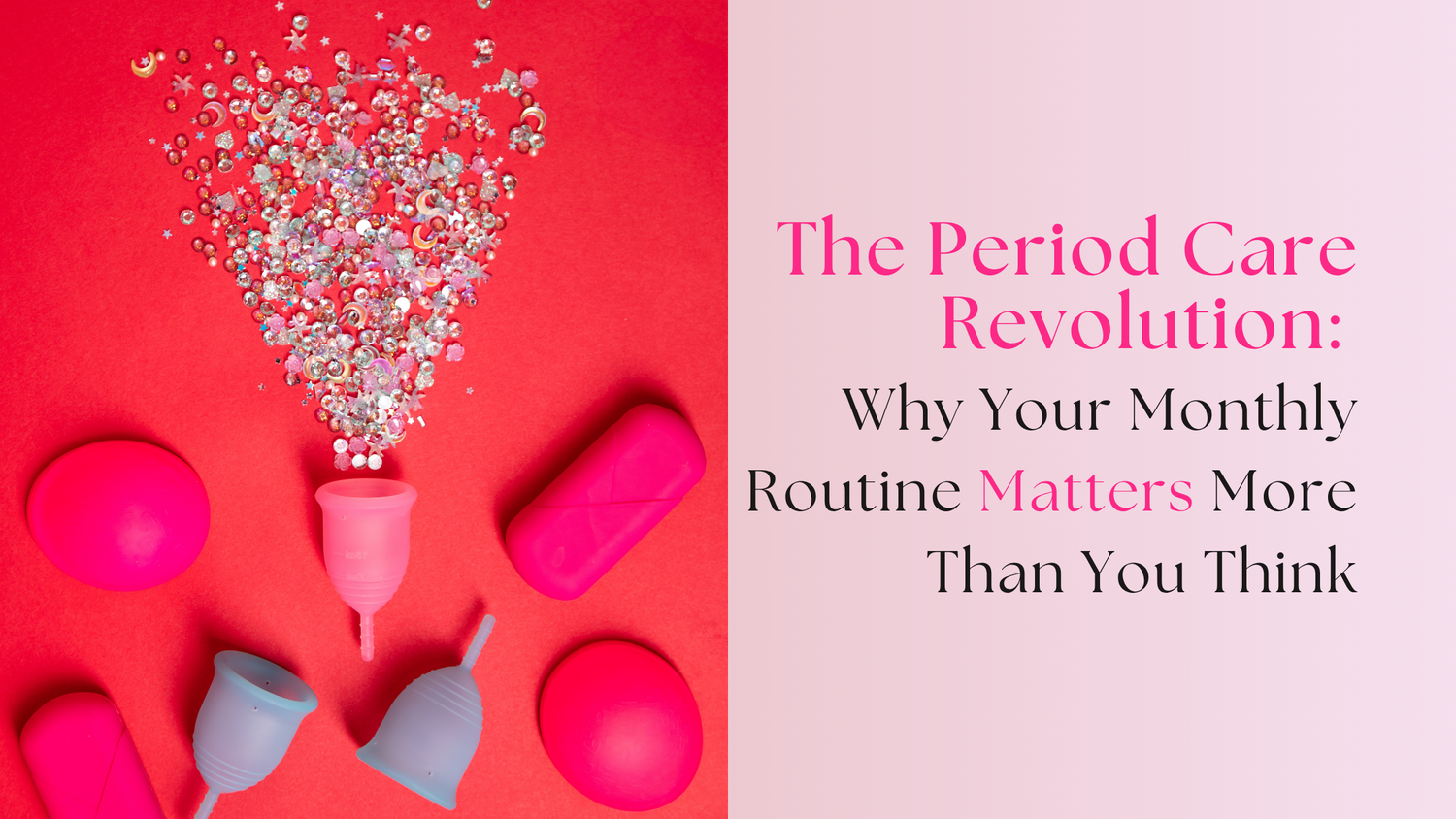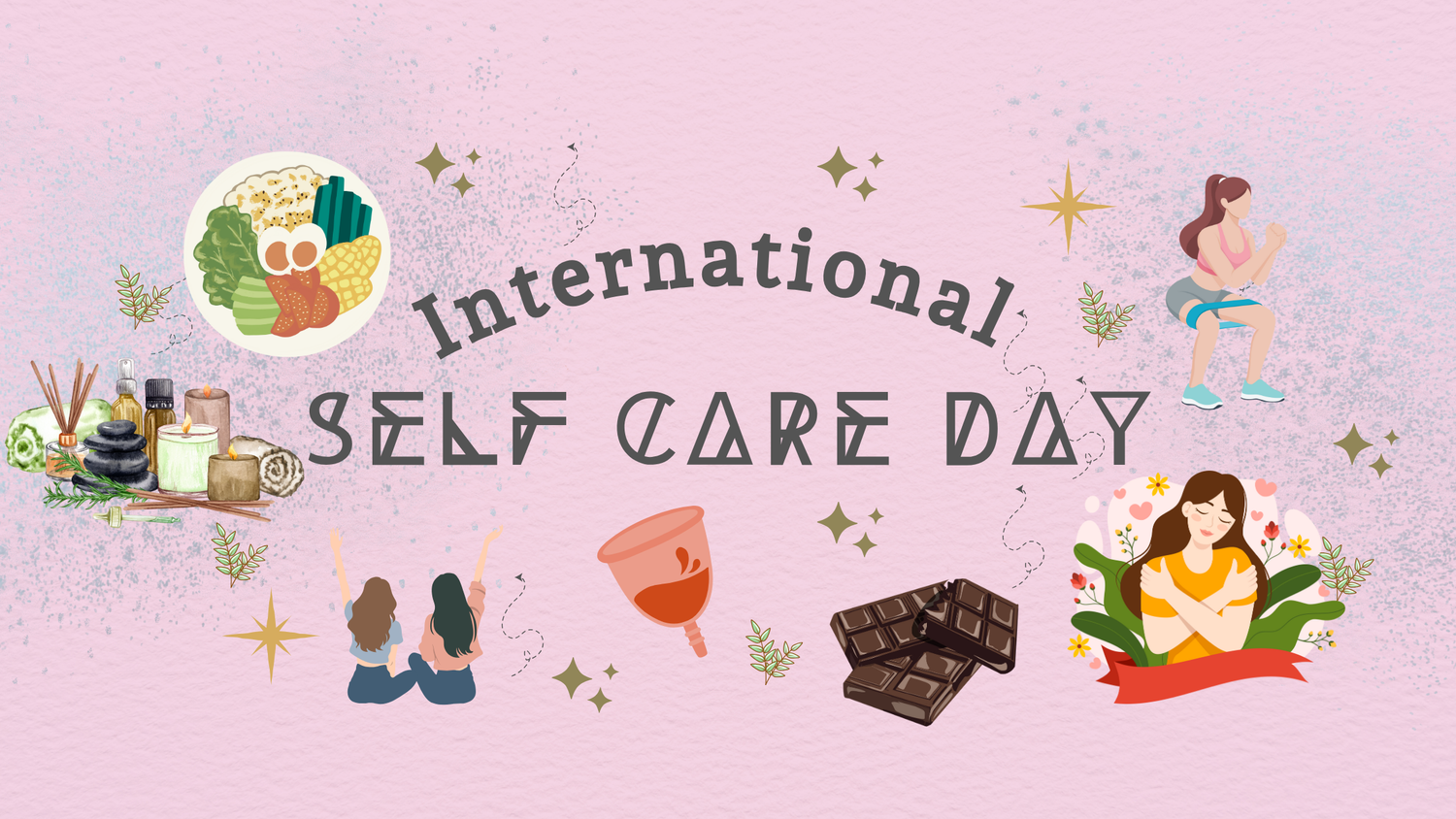Decoding Hormones: Their Impact on Mental Well-being
In the intricate web of our body's functions, hormones play a pivotal role, extending their influence beyond physical processes to deeply impact our emotional and mental well-being. This connection between hormones and mental health involves a dynamic interplay, where chemical messengers orchestrate intricate symphonies of mood, emotion, and cognition.

Hormonal Harmony: A Symphony Within
The brain and hormones engage in a constant dialogue, with the brain directing endocrine glands to produce hormones, while hormones, in turn, influence brain activity. This harmonious relationship underscores the vital role hormones play in shaping our mental landscape.
Female Hormones: Architects of Emotional Equilibrium
Among the array of hormones, progesterone and estrogen take center stage for women. However, luteinising hormone, FSH follicle-stimulating hormone, and prolactin also contribute significantly, not only to the reproductive system but also to mental health.
Estrogen, in particular, emerges as a powerhouse, extending its reach beyond reproduction to affect organs like bones and the brain. Its impact on neurotransmitters, such as serotonin and dopamine, ties estrogen levels to mood stability. Low estrogen levels can lead to disruptions in serotonin regulation, potentially triggering mood instabilities, depression, and anxiety.
The menstrual cycle, pregnancy, and menopausal stages introduce fluctuations in estrogen, contributing to varying degrees of mental well-being throughout a woman's life. Conditions like PMS, PMDD, and postpartum depression further illuminate the intimate connection between female hormones and mental health, with symptoms often exacerbated during hormonal shifts.
Navigating Mental Terrain: Estrogen Imbalance
Estrogen's intricate dance with neurotransmitters shapes mental health outcomes. In cases of estrogen imbalance, marked by either excess or deficiency, a spectrum of symptoms arises. Estrogen dominance, characterised by elevated estrogen levels relative to progesterone, unfolds with stress, irritability, mood swings, anxiety, depression, and fatigue.
Conversely, low estrogen levels manifest as brain fogginess, memory issues, depression, and sleep disturbances. The nuances of how estrogen influences mood remain elusive, with individual responses varying. This complexity is evident as some women experience mood changes even with optimal estrogen levels, while others find relief post-menopause.
Navigating Life's Phases: Hormones and Mental Health
Estrogen's Emotional Rollercoaster: PMS, PMDD, and More
The fluctuations in female hormones across life stages bring emotional turmoil for many women. Premenstrual Syndrome (PMS) and its severe form, Premenstrual Dysphoric Disorder (PMDD), illustrate how hormonal shifts before menstruation can intensify mood disturbances.
For some, the time preceding menstruation triggers severe emotional and mental changes, ranging from irritability to deep depression. PMS symptoms may interfere significantly with daily life, necessitating support and self-care strategies.
Postpartum Challenges: Hormonal Flux and Mental Well-being
The postpartum period introduces a delicate balance of hormones, notably estrogen and progesterone, which soar during pregnancy and drop suddenly after delivery. While baby blues are common, persisting symptoms may indicate postpartum depression, requiring timely medical attention and emotional support.
Perimenopause and Menopause: Hormonal Storms and Mental Shifts
Perimenopause amplifies hormonal fluctuations, contributing to extreme mood swings and an increased incidence of depression. The more pronounced hormonal changes during perimenopause intensify mood swings, often accompanied by symptoms like hot flashes, night sweats, and sleep disturbances.
PCOS: Hormonal Imbalance Echoing in Mental Health
Polycystic Ovarian Syndrome (PCOS), characterised by hormonal imbalances like elevated androgens and insulin resistance, extends its influence to mental health. Women with PCOS face increased risks of anxiety, depression, bipolar disorder, and OCD.
Insulin Imbalance: The Metabolic-Hormonal Link
Insulin imbalance, as seen in diabetes and insulin resistance, intertwines with mental health. The connection lies in increased dopamine clearing, mitochondrial dysfunction, and heightened oxidative stress in the brain. The energy deficit caused by insulin resistance contributes to fatigue, mood changes, and cognitive issues.
Thyroid Harmony: Mental Health's Conductor
The thyroid, the master gland regulating metabolism, wields a profound influence on mental health. Thyroid hormone imbalances, whether hypothyroidism or hyperthyroidism, can evoke symptoms ranging from fatigue and depression to irritability and anxiety.
Guarding Mental Fortitude Amid Hormonal Flux
Maintaining mental well-being during hormonal shifts requires mindfulness and proactive measures:
-
Awareness: Monitor mood changes aligned with hormonal shifts, especially during menstruation, postpartum, perimenopause, and menopause.
-
Seek Support: Consult a healthcare professional if severe mood changes impact daily activities.
-
Physical Activity: Engage in regular exercise to enhance blood flow, endorphin production, and overall mood.
-
Nutrition: Prioritise a balanced diet, rich in nutrients essential for hormonal and neurotransmitter function.
-
Hydration: Stay adequately hydrated to mitigate mood fluctuations caused by dehydration.
- Social Connections: Cultivate and nurture meaningful relationships, recognising the positive impact of social bonds on mental well-being.
A Harmonious Approach to Hormonal Mental Health
Hormones wield a profound influence on mental health, shaping emotional landscapes across life's phases. Acknowledging this intricate connection empowers individuals to navigate hormonal fluctuations with resilience and informed self-care. While hormonal imbalances may contribute to mental health challenges, a holistic approach encompassing medical guidance, lifestyle choices, and emotional support fosters a harmonious journey towards mental well-being.





